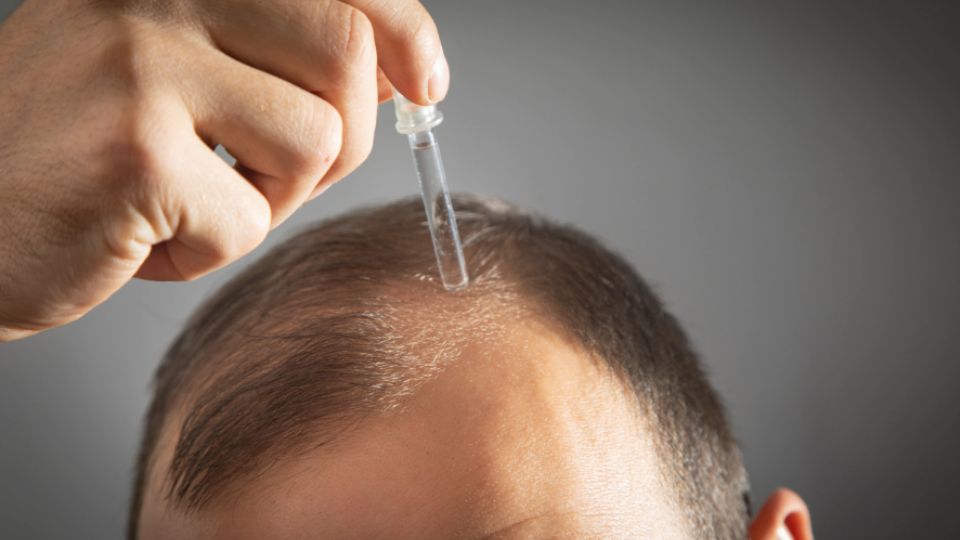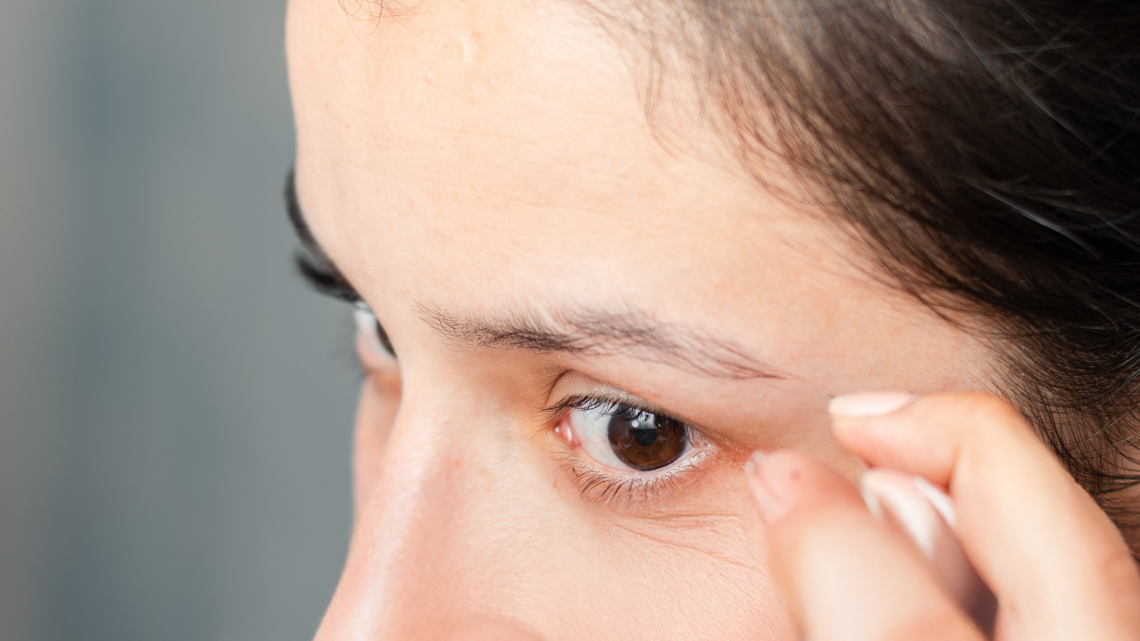Saw Palmetto has gained prominence as a natural remedy purported to combat hair loss. As a hair loss surgeon deeply embedded in the scientific study and treatment of hair loss, I find it imperative to provide an evidence-based perspective on the efficacy and safety of Saw Palmetto compared to conventional treatments.
Saw Palmetto, a dwarf palm tree native to the southeastern United States, produces berries from which this much-talked-about extract is derived. It’s popular among those seeking alternative treatments for hair loss, primarily due to its supposed ability to block dihydrotestosterone (DHT), a hormone associated with androgenetic alopecia, or common pattern hair loss.
Efficacy of Saw Palmetto to Treat Hair Loss
The crux of Saw Palmetto’s appeal lies in its action as a natural DHT blocker. Theoretically, by inhibiting the enzyme 5-alpha-reductase that converts testosterone to DHT, Saw Palmetto could reduce hair loss and possibly encourage hair regrowth. However, it’s crucial to note that Saw Palmetto’s potency as a DHT blocker is significantly less compared to FDA-approved treatments such as Finasteride (Propecia) and Dutasteride. These medications can block a higher percentage of DHT, making them more effective in treating hair loss.
Despite its natural origin, Saw Palmetto is not free from potential side effects. Users may experience mild to moderate effects, including reduced libido and, in rare instances, gynecomastia (the development of breast tissue in men). These side effects are somewhat parallel to those associated with synthetic 5-alpha-reductase inhibitors, albeit usually less severe. It’s important to highlight that Saw Palmetto’s effectiveness and safety profile have not been as rigorously studied as those of Finasteride or Dutasteride. The existing research provides limited evidence, and more studies are necessary to conclusively determine its utility in treating hair loss.
While Saw Palmetto may offer a supplementary measure for those hesitant to use chemical treatments or experiencing side effects, it should not be relied upon as the primary strategy for combating hair loss. The lack of substantial evidence supporting its efficacy, coupled with its relatively mild DHT-blocking capability, places Saw Palmetto in a secondary position compared to more established treatments.
The pursuit of natural remedies for hair loss, like Saw Palmetto, underscores the desire for less invasive treatments. However, as a hair loss surgeon, my advice to patients is grounded in scientific evidence and clinical efficacy. While Saw Palmetto may be considered for its potential benefits, patients should approach it with realistic expectations and in consultation with a healthcare provider, especially if transitioning from or combining it with proven therapies. Remember, just because a product is natural doesn’t guarantee its effectiveness or safety. Comprehensive treatment plans tailored to individual needs and based on proven interventions remain the cornerstone of effective hair loss management.

























